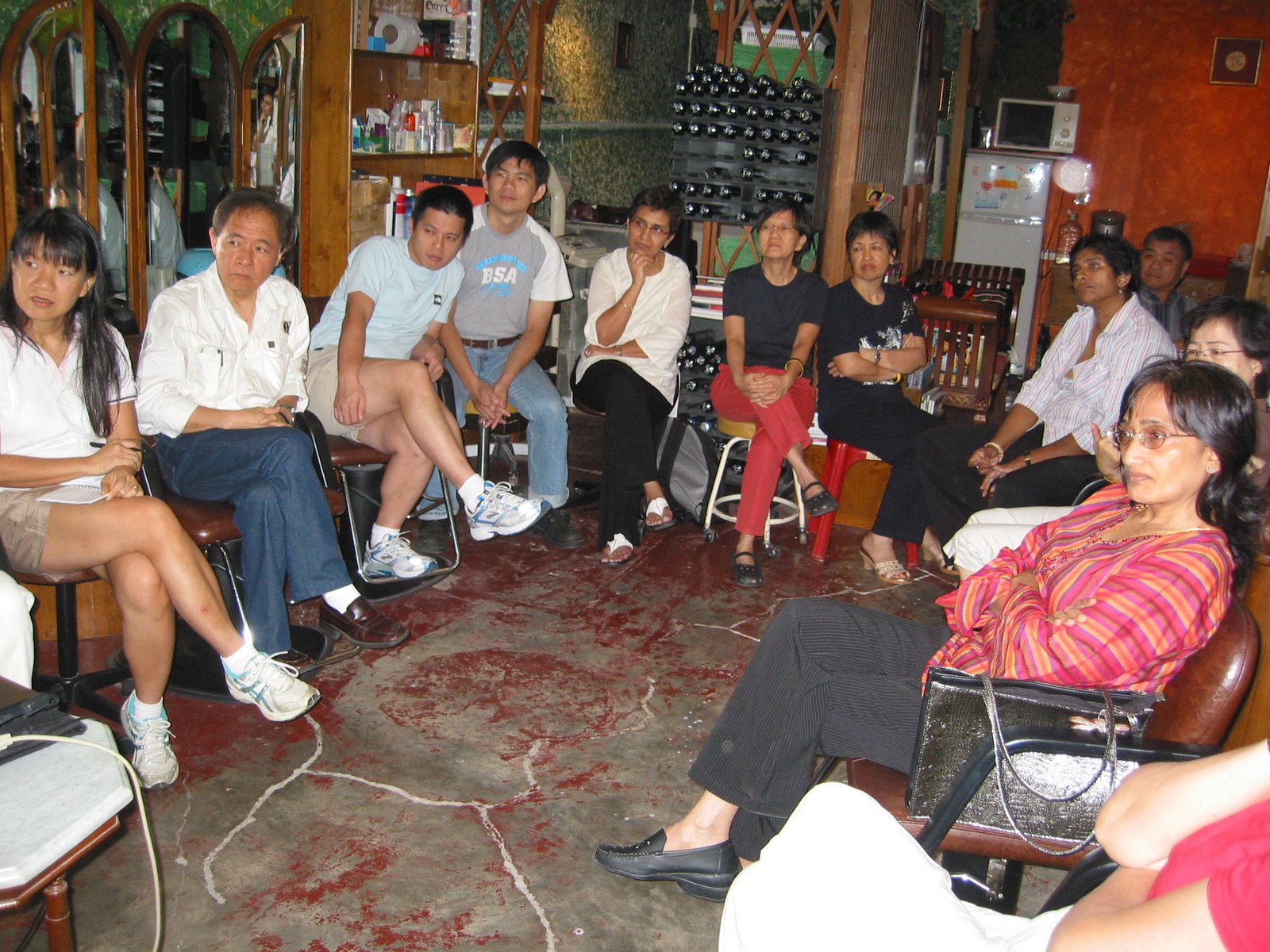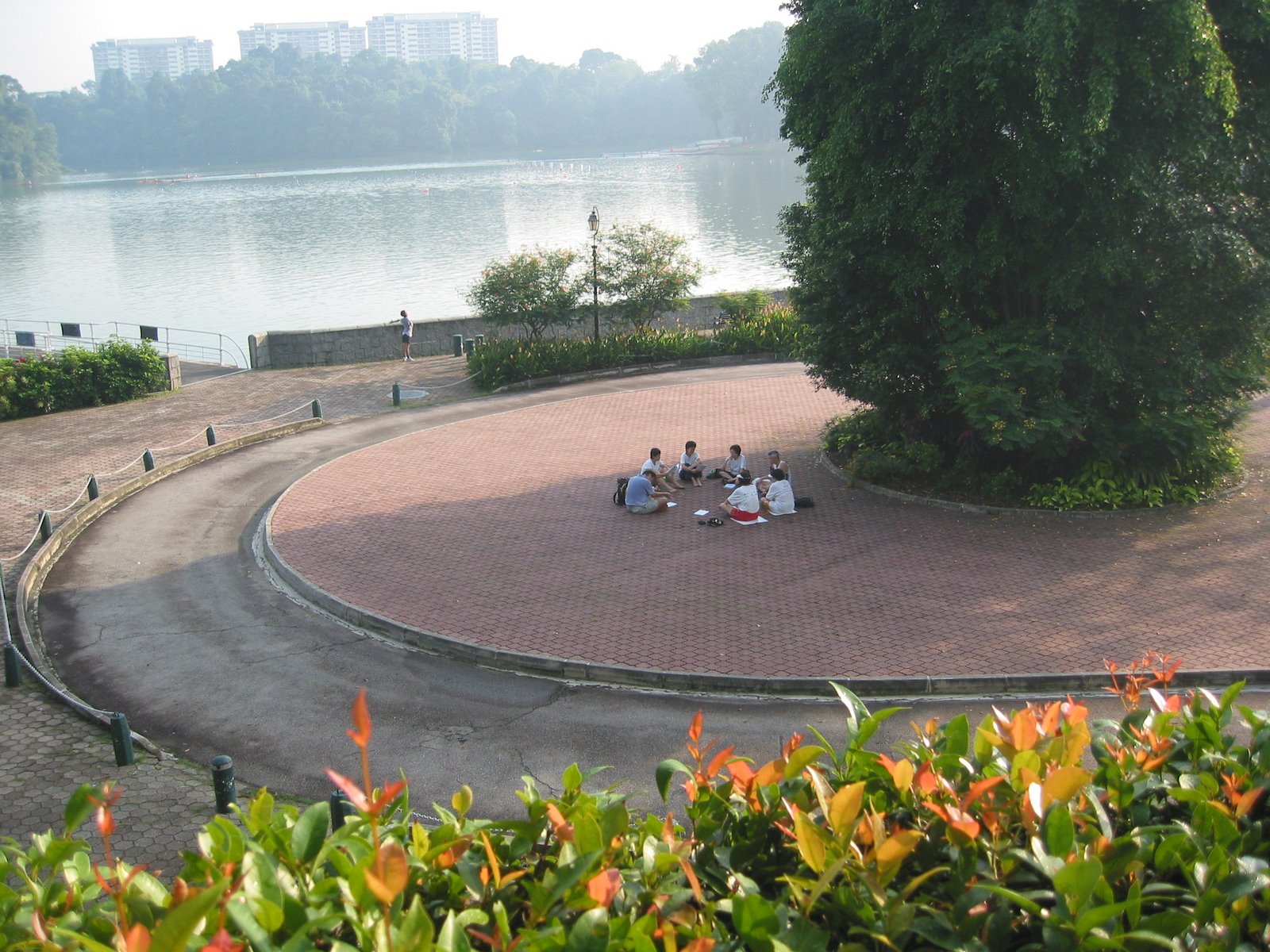 .
.This is part 2 of the Leonardo Da Vinci documentary screened during the Bucky Group today.
.
.
.
.
.
.
.
(This discussion notes are emailed to me by WhatIDiscover. I was only there in spirit.)
Discussion:
Clara, Rachel and I feel that Leonardo da Vinci is a person of many talents. He is an artists, scientist, engineer, inventor… Bucky is like that too.
.
.
Leonardo and Bucky are T Talents (very large ones as they know so much). I like to introduce my idea of T Talents..
.
They are curious people who have deep expertise in one subject matter (the vertical leg of the T) and broad interest in one or many other subject matters (the horizontal part of the T). For example, Joo Hock is an expert in hairdressing and he also have broader interests in training, community management, events management, singing…etc.
They are curious people who have deep expertise in one subject matter (the vertical leg of the T) and broad interest in one or many other subject matters (the horizontal part of the T). For example, Joo Hock is an expert in hairdressing and he also have broader interests in training, community management, events management, singing…etc.
.
The T Talents idea is a shortened version of the T-shaped people idea. It is like using TinyURL.com to shorten a long web address to a short one. T-shaped people are people who are so inquisitive about the World that they are willing to try to do what you do. They have a principle skill that describes the vertical leg of the T – they might be mechanical engineers or industrial designers. But they are so empathetic that they can branch out into others skills, such as anthropology and do them as well. They are able to explore insights from many different perspectives and recognize patterns of behaviour that point to a universal human need.
The T Talents idea is a shortened version of the T-shaped people idea. It is like using TinyURL.com to shorten a long web address to a short one. T-shaped people are people who are so inquisitive about the World that they are willing to try to do what you do. They have a principle skill that describes the vertical leg of the T – they might be mechanical engineers or industrial designers. But they are so empathetic that they can branch out into others skills, such as anthropology and do them as well. They are able to explore insights from many different perspectives and recognize patterns of behaviour that point to a universal human need.
.
Source:
Source:
Strategy by designFast Company Tim Brown of IdeoFast Company 2005 Jun
.
I share the same view that we need T Talents in the future with Steve Mills of IBM.
I share the same view that we need T Talents in the future with Steve Mills of IBM.
.
The following paragraphs are taken from his thought leadership paper.
The following paragraphs are taken from his thought leadership paper.
.
In the past and to a great degree, the present - the work force is dominated by two kinds of people:
In the past and to a great degree, the present - the work force is dominated by two kinds of people:
- Business generalists with broad horizontal understanding of the business issues affecting their area.
- Hands-on implementation specialists or people with narrow but deep expertise in a specific, often technical, area.
.
The future of business demands a new breed of knowledge worker: the T-shaped person who combines broad understanding of business processes (the top, horizontal part of the T) with deep practical execution in a specific functional area (the bottom, vertical part of the T). People who share the same understanding of the business process (top of the T) can team with colleagues with different I-shaped specialties bottom of the T) to cover the waterfront of a business need without losing that common vocabulary and understanding of their shared business objective.
.
Source:
Source:
The future of business, Steve Mills IBM, Thought leadership paper 2007 Jun
..
---------------------------------------------------------
My Notes:
Leonardo was fascinated with everything he saw and went on to work on his areas of interest until they stopped fascinating him. When he was working on something, he would be totally focused on that something.
.
This means that our schools are very wrong! Our current system works on structured and rigid syllabus that will give little time, if at all, for the student to explore his fascination to the fullest until he has discovered enough and the subject ceases to fascinate him. The current system assumes that every child has the same interests and talents and starts everyone at the same time and progress to the next class at the same intervals. This is what Alvin Toffler calls "Second Wave Industrial Age Education", which is standardised education for everyone. For more about what Toffler said, read here.
.
Leonardo's going around Europe seeking new patrons to sponsor his works reminds me of my time I spent as an freelance consultant. Then I was moving from Australia to Europe, Europe to Africa, then to Asia. During those heady days, I was endlessly catching up with new technologies (there is no end to newer stuff coming) and how they could be applied to varied industries like banking, government, power stations, steel mills,...etc, at the same time pressured to sell and land my services with some clients internationally, so that 'I can eat'. I was constantly having to adjust to local languages , fiscal systems, new accommodation, public safety, driving on the wrong side of the road and varied seasonal climates. Sometimes we meet easy and pleasant clients, but more often ruthless heartless ones. It was exhilerating, but over time, the different time zones, climates, and intense mental activities accumulates into fatigue! :)
.
In the early years when IT started, as long as you could write a program in a computer language, you were hired. Later, you have to be highly specialised in specific languages, sometimes even specific to the operating systems and machines. However nowadays as programming got commoditised and are outsourced to offshore programming centres, clients demand broad business knowledge and technical skills, similar to the T talents that was described above.
.
An example of a T talent job requirement is one of an information security specialist. Unfortunately, many people think of information security as identical to IT security, especially in Asia where the knowledge in the field is in its infancy. They would further simplify it as anti-virus software installation and firewall operations.
.
As information does not reside only in computers and most of its users are humans (the weakest link), it must extend its scope beyond technology to be pervasive and embrace physical security, human procedures and processes, policies, human resource profiling, management structures, legal requirements and constraints, business needs and user awareness. Even technology involved should not be restricted to just computer and networks, as there are laser eavesdropping systems and other data recovery methods that are not centred on computers. Thus, the 'specialist' now needs to broaden his understanding in organisational behaviour, the relevant laws and most critcially the psychology of what makes people tick to cooperate with the often claimed onerous security procedures, not forgetting that most of the time, the hacker comes from within.
.
Keeping a nerd hardwired to firewall commands, and who can recite all the attack signatures by heart, would not be enough to protect your information.
.
.jpg)












No comments:
Post a Comment